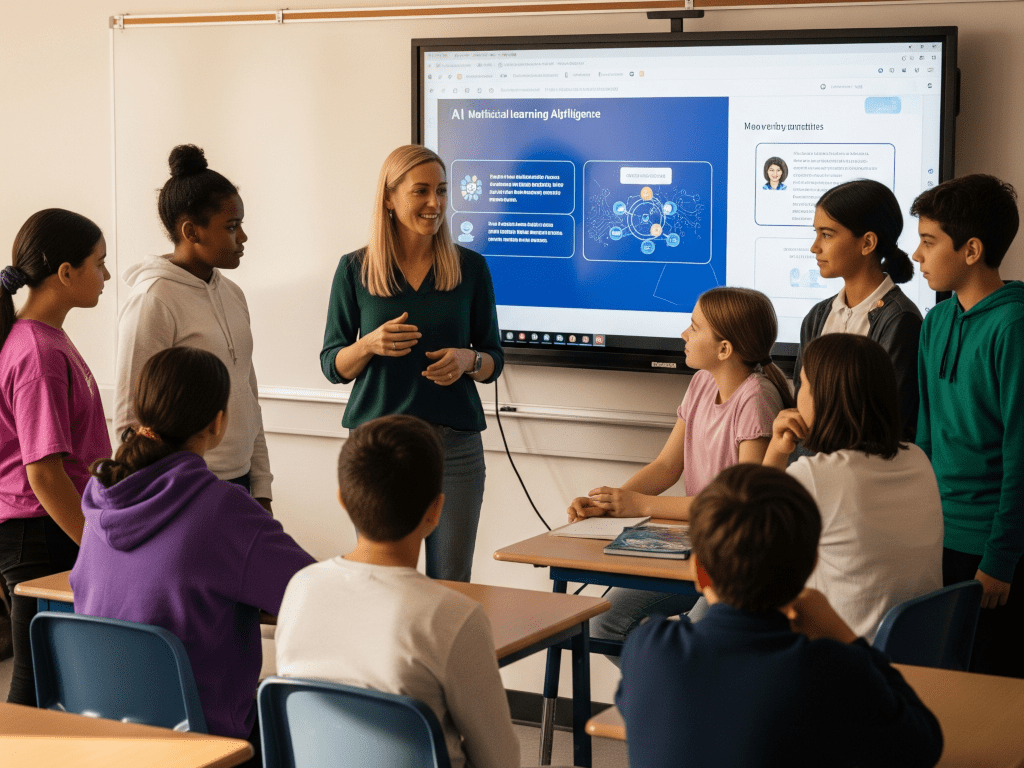A colleague of mine confessed—angrily and with distress—that his students claimed ChatGPT explained things better than he did. Despite holding two doctorates, he said he felt like a mere spectator in his own classroom. His testimony lays bare the confusion many educators face in the wake of the unstoppable technological revolution. However, the key is not to compete with AI, but to walk alongside it in order to enhance deep, high-level learning.
Today, thousands of teachers still seem anchored in content-focused debates, using grades as the sole indicator of learning, within a curriculum that evolves at a glacial pace. Meanwhile, when used appropriately, AI has the potential to revolutionize education—offering students new ways of thinking, innovative approaches, and valuable development opportunities. In this context, it is essential that teachers build a strong partnership with AI. Otherwise, their leadership may begin to erode.
Educating competent students increasingly depends on the ability to work with AI. Yet disparities in access and use are widening the educational gap. To address this challenge, UNESCO launched a guide in 2023 on generative AI in education and research, promoting equity and human development. However, despite such guidelines, I honestly believe that the real educational revolution will not come primarily from government policies—many of which, across various countries, remain focused on bureaucracy and politics—but from innovative educators who wisely embrace AI as a pedagogical ally.
It is no longer enough for teachers to know how to use Zoom, Canva, or to simply share other people’s content on social media. What truly matters is that they help foster students’ deep learning—the kind of learning advocated by, among others, the renowned English scientist, AI pioneer, and Nobel laureate, Geoffrey Hinton.
“Right now, AI systems are not smarter than us—but I think they soon will be.”
—Geoffrey Hinton
This kind of learning can be driven by teachers with the help of AI—broadening their students’ perspectives, guiding them to see beyond the obvious, and helping them discover a wealth of development opportunities.
In this new educational ecosystem, not even the brightest teacher will be able to answer all of their students’ questions. That’s why it is vital to ally with artificial intelligence—with respect and care—seeing it as a true pedagogical partner.
Article translated from Periódico Educación
Bachelor’s degree in Education from the National University of San Marcos (Peru) and Master’s degree in Pedagogical Sciences from the University of Havana. Postgraduate professor at several universities since 2015. Member of the Scientific Committee of various indexed scientific journals and co-author of articles published in Scopus, SciELO, and Latindex.


